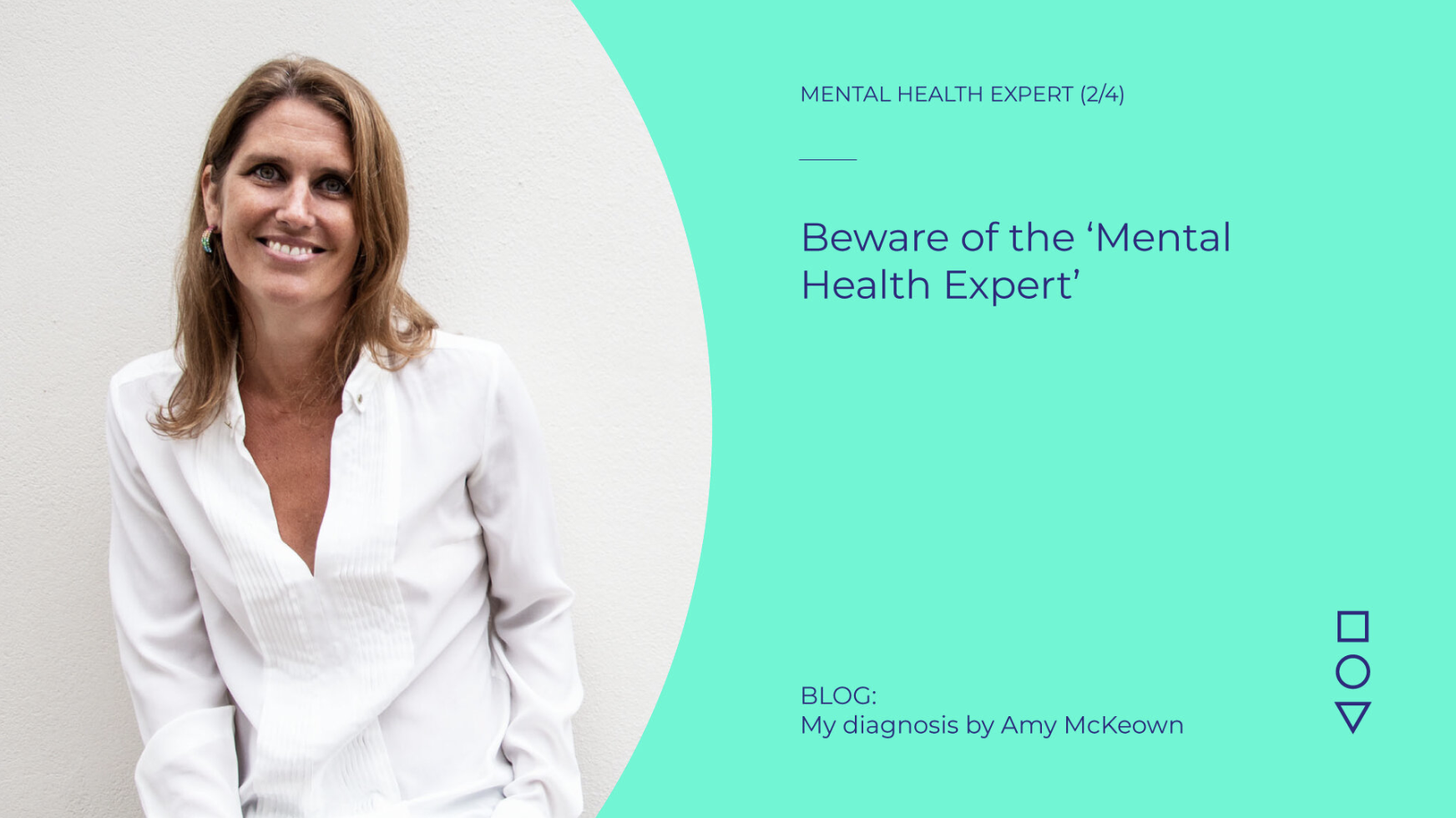Beware of the ‘Mental Health Expert’
We have all seen that the health, wellbeing and mental health market has exploded in recent years.
Because of this, it seems to me that every man and his dog is now selling wellbeing or mental health services, consultancy, and expertise to workplaces; some having only received a few days actual training in it themselves. It angers me to see individuals charging vast sums to key note or speak at conferences about their mental health experiences or knowledge, or when people leverage off their illnesses to sell themselves into organisations as ‘experts’.
As a qualified, experienced mental health strategist for businesses, I’m deeply concerned. I’m all for the increase in awareness of mental health and wellbeing, but I do think we have reached a stage where we should be asking who has proper experience and in what? Are people actually qualified or experienced to be delivering the services that they are offering?
I have had 2 children. This does not make me a qualified midwife, able to design maternity services, or organisational maternity / paternity policies, systems or processes. I can talk about my birth experiences but offering anything above that I believe would be conceited, dangerous and disrespectful to those with proper skills and experience.
It’s the same for mental health.
Just because you have had a mental health experience does not mean that you have the skills, knowledge or experience to write mental health strategies, help organisations procure and implement mental health care pathways and policies, or write and deliver training. There is, of course, a welcome place for sharing lived experiences (as part of a structured approach to mental health) and I am very grateful to those that speak out. My concern is that many doing this are now overreaching and selling themselves as ‘mental health experts’. This being a new and evolving market means that there is not the knowledge or discernment in it into what is good, safe and boundaried, and what isn’t. Safe governance and roles rarely feature in the discussions.
Just to be clear, I don’t doubt that there is a lot of well-meaning intent to change things for others. Yes, there are the hard-nosed individuals entering the wellbeing or mental health market purely to make money, however most people I talk to are lovely people trying to make a difference. Sadly, this does not make them qualified though! I regularly speak to individuals offering mental health awareness training to organisations. This then seeps into writing strategies for them and changing their policies and processes. When I ask what experience they have writing and implementing strategies, HR policies and processes I often get a negative response. Usually they have never done this before. When I ask what numbers or analytics are behind the strategy they have written, or how they intend to implement it, measure it, or change the design of job roles around it looks become more blank. Individuals with no mental health or clinical experience are writing mental health strategies for organisations with also no experience of doing this either. Even more worrying I see individuals writing strategies for types of organisations and industries they have never worked in themselves; for example ex charity workers writing policies and training for large corporates, having never worked in a large corporate themselves.
Another month I’ll be tackling the fact that within organisations the people responsible for wellbeing and mental health often don’t have the right experience and skills either…!
Next blog I’ll be looking at how you identify who actually is a ‘mental health expert’. If you are working within this field, I urge you to join me next week as you may be able to save yourself a lot of time and money (and improve health outcomes) if you get this part right.
Do you want support and guidance with an expert in the field? Mentorship with Amy McKeown is available - check out more info HERE

